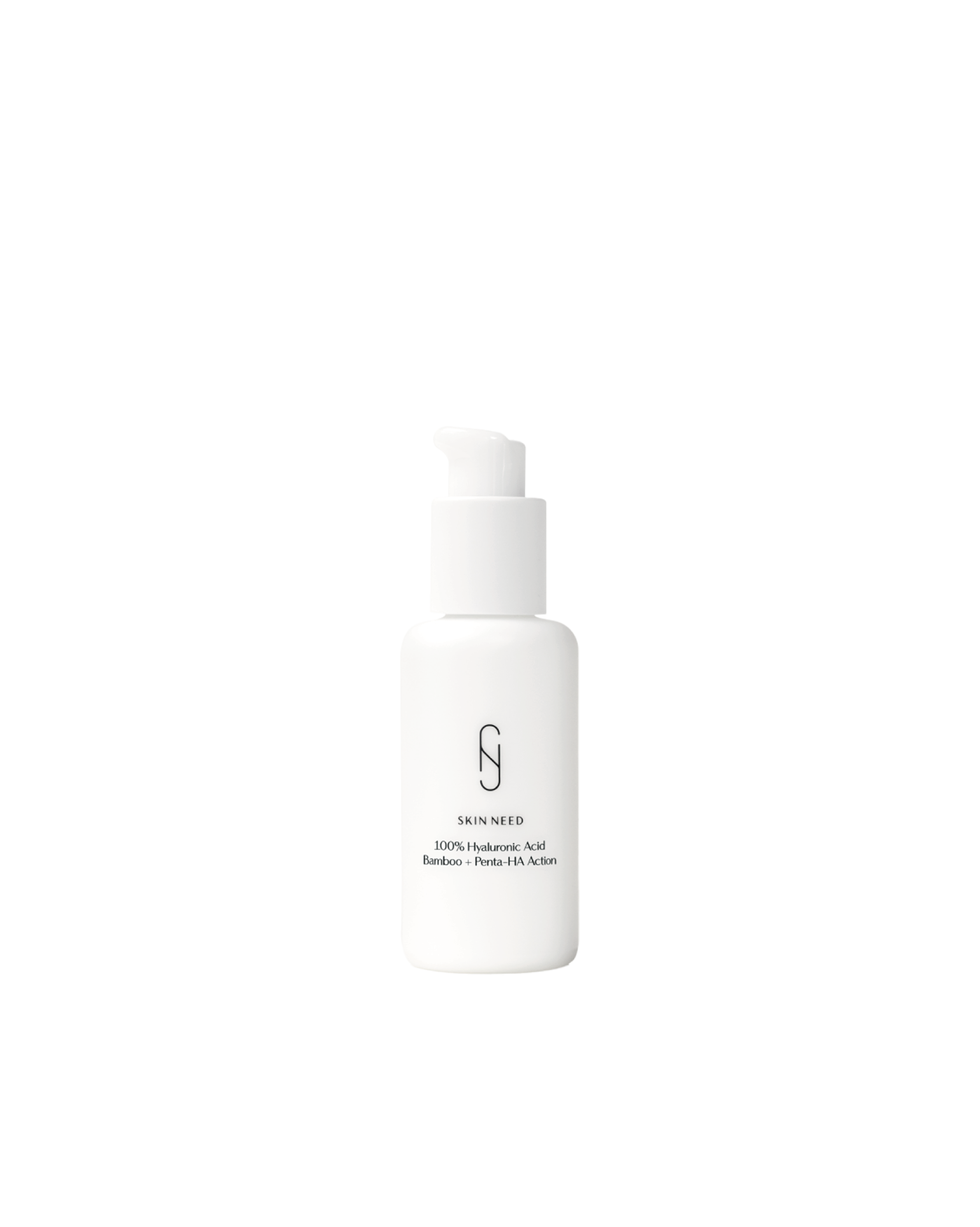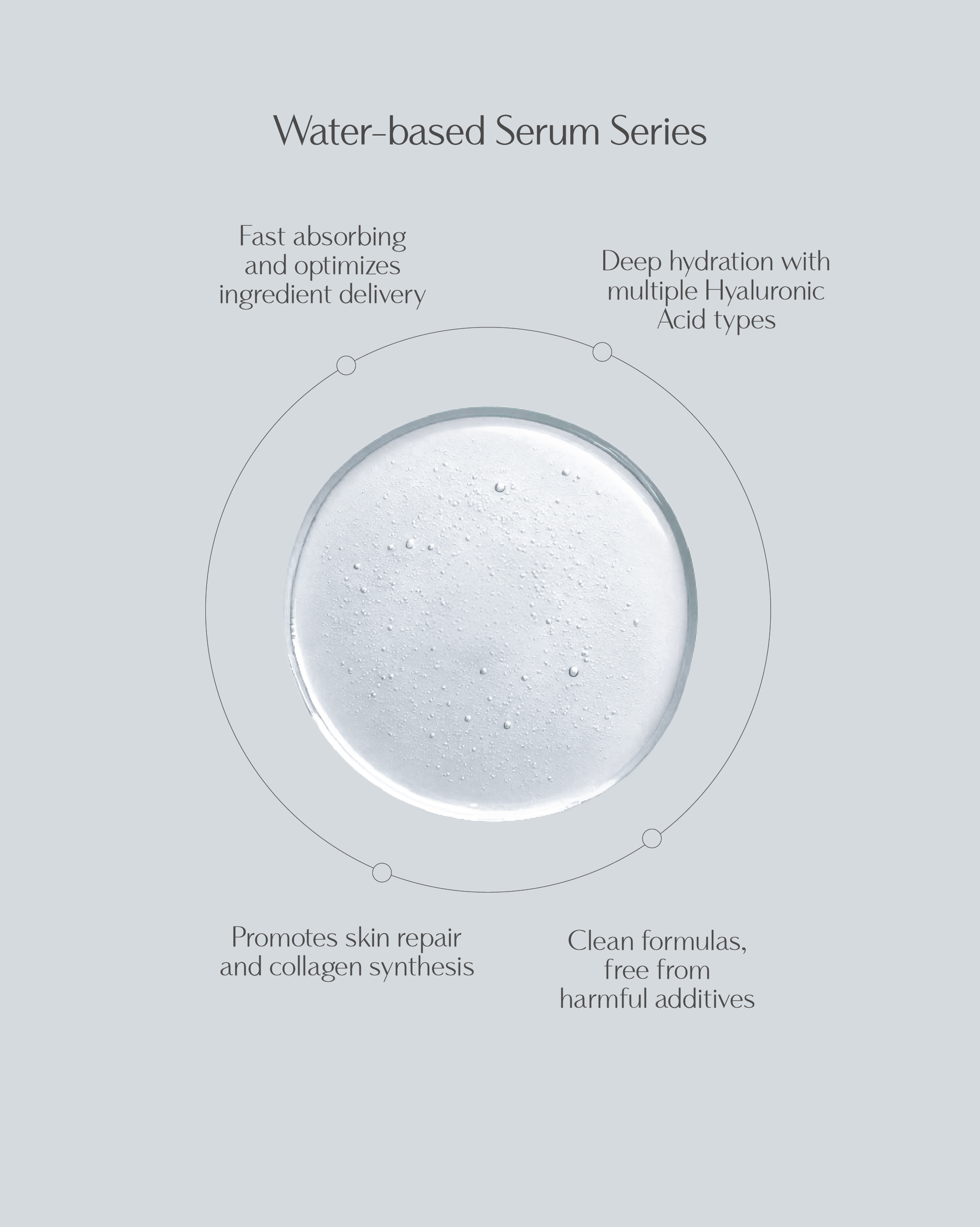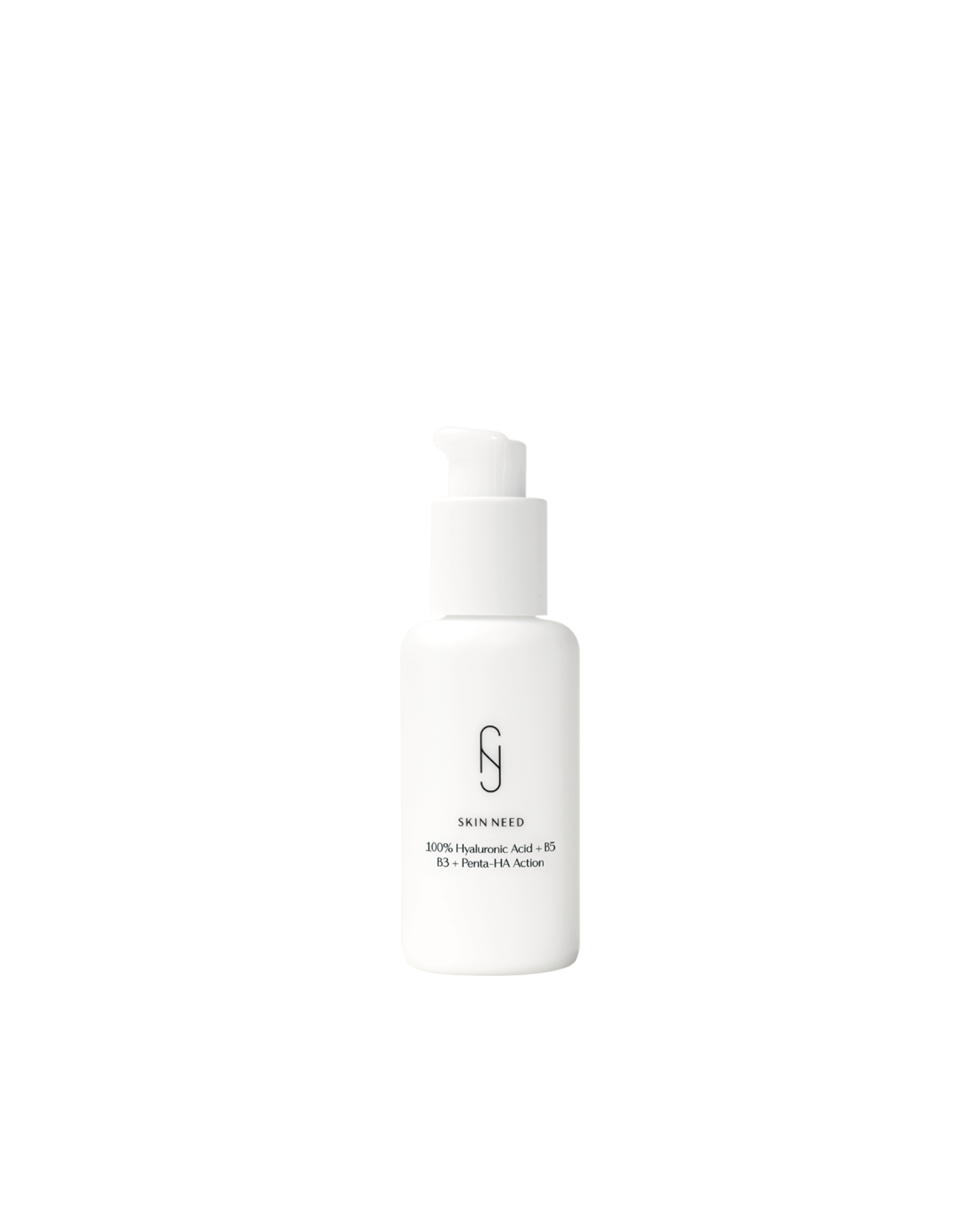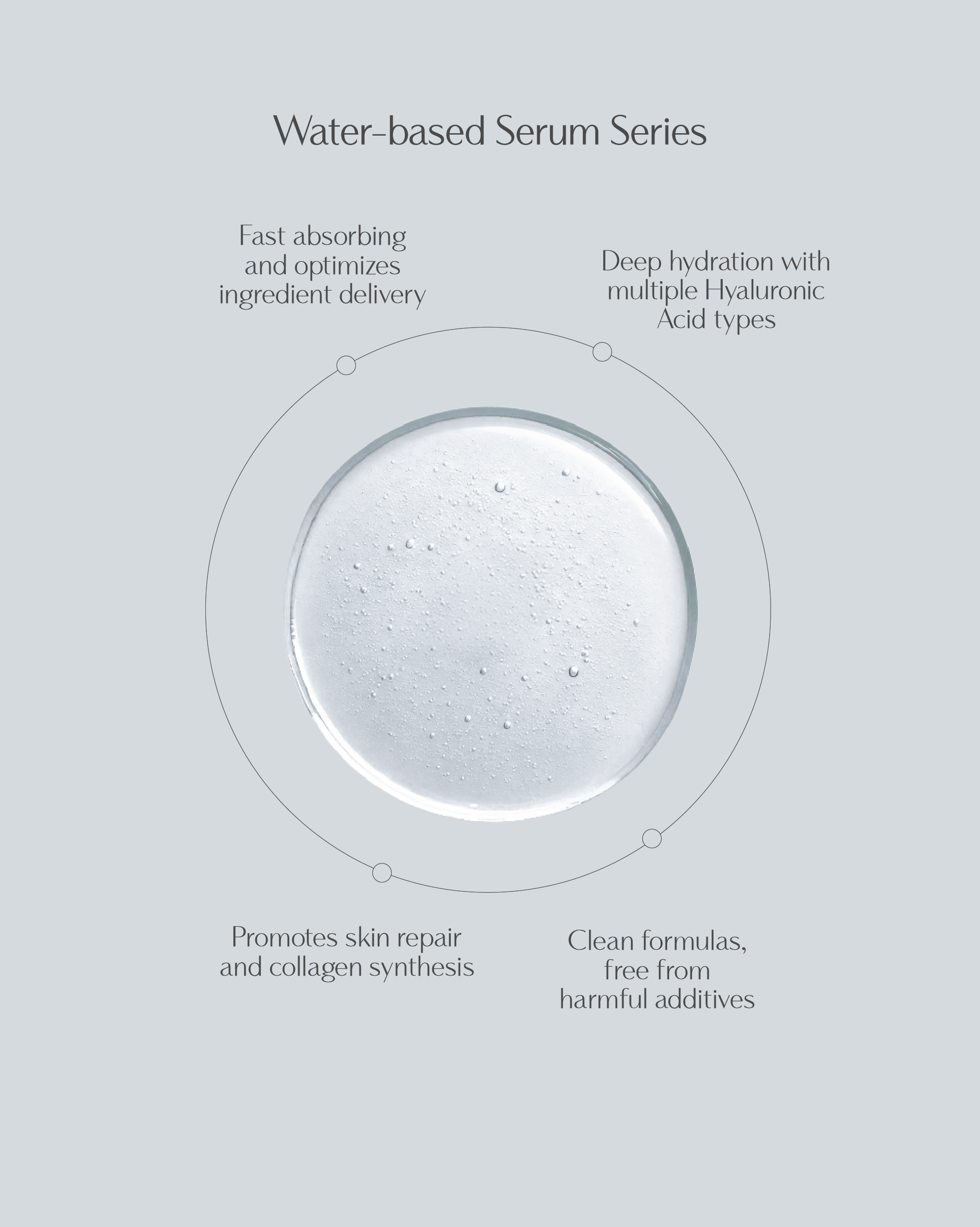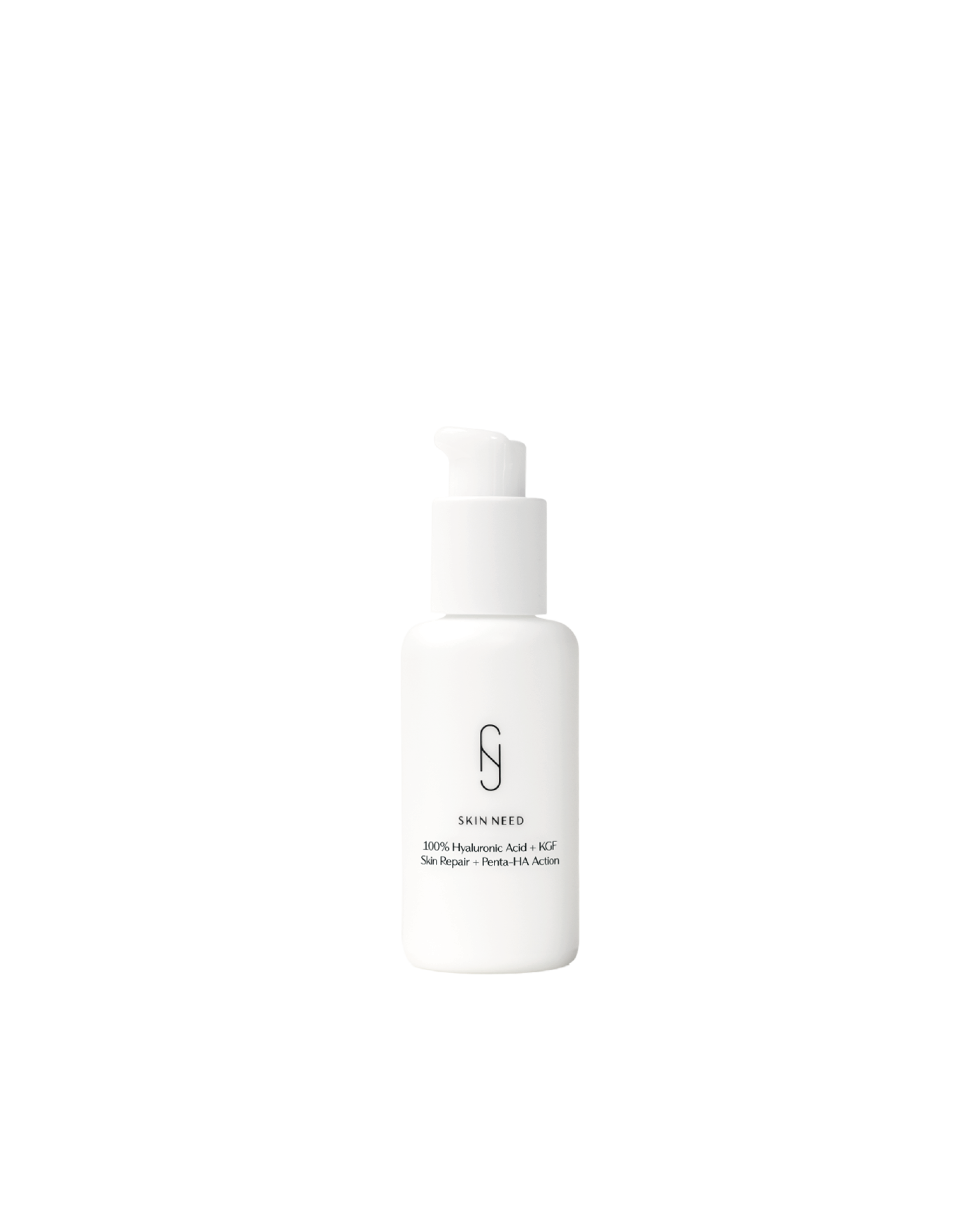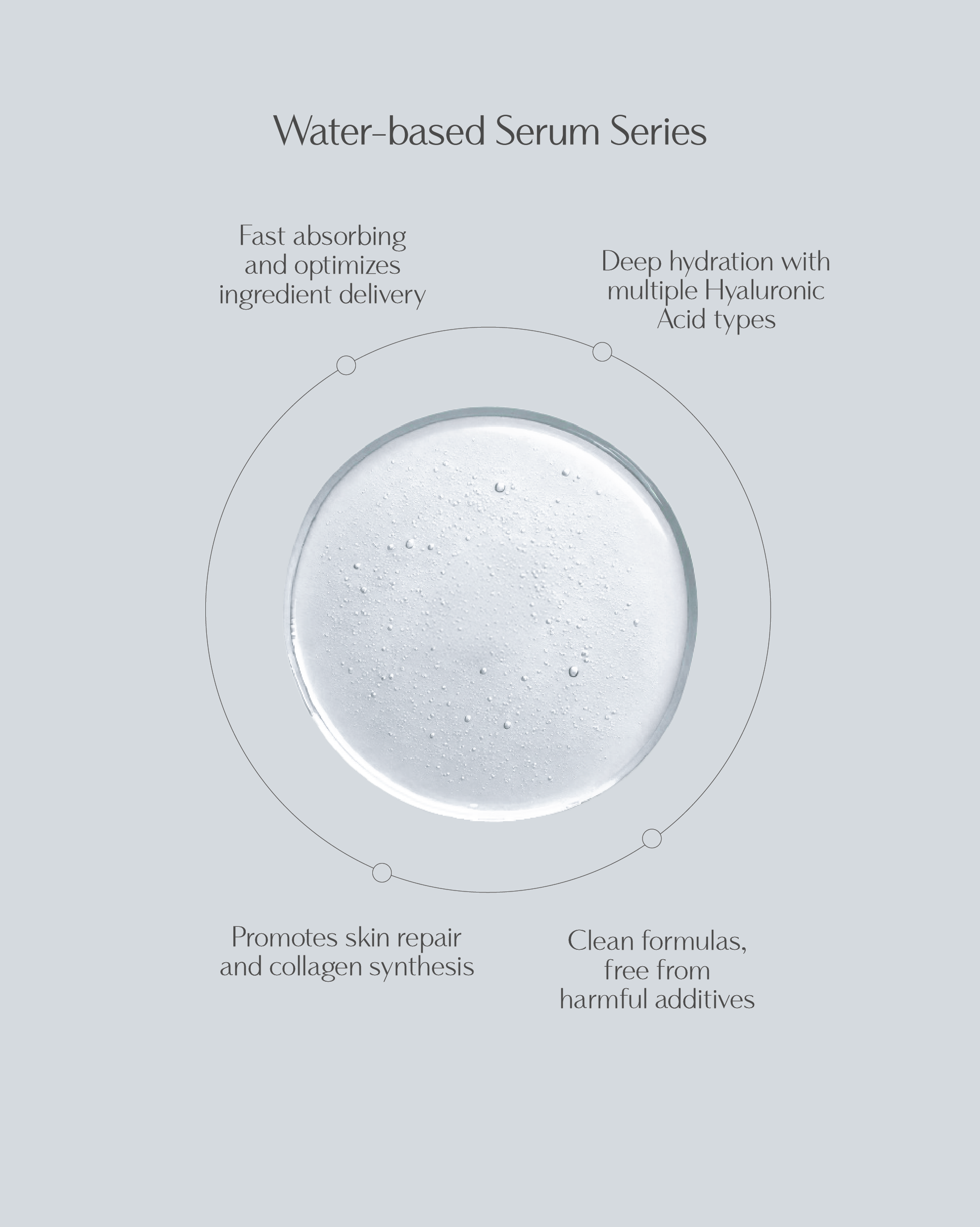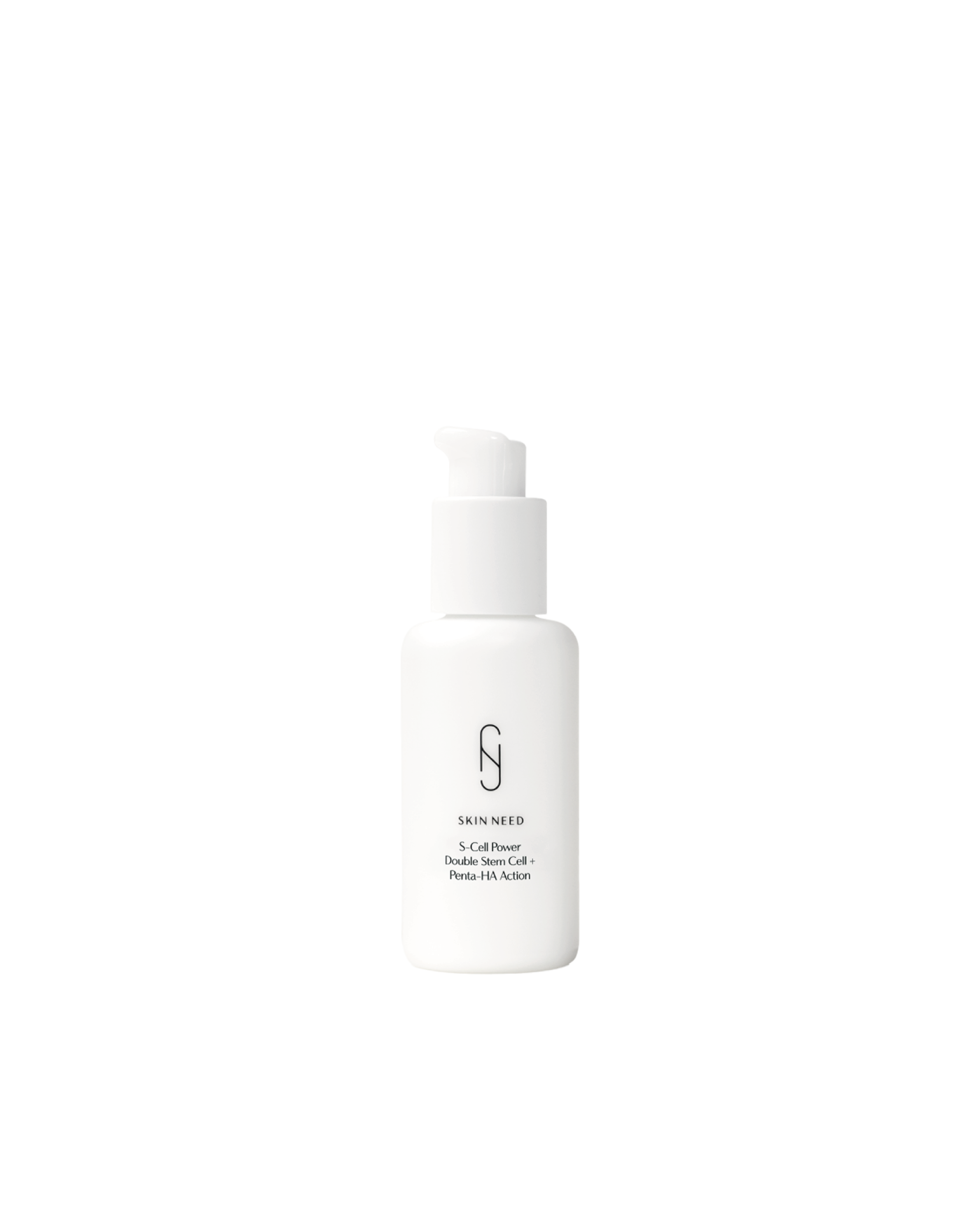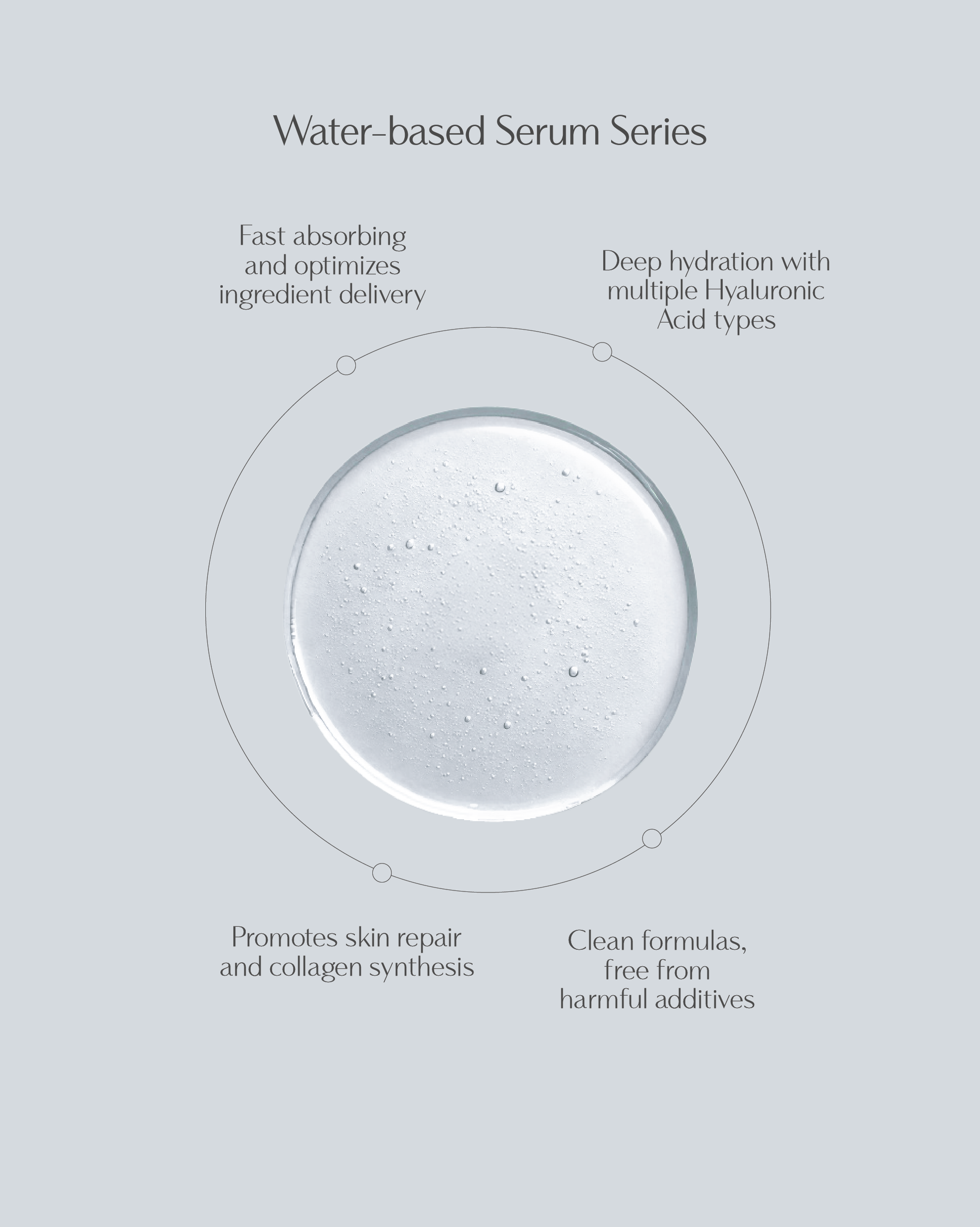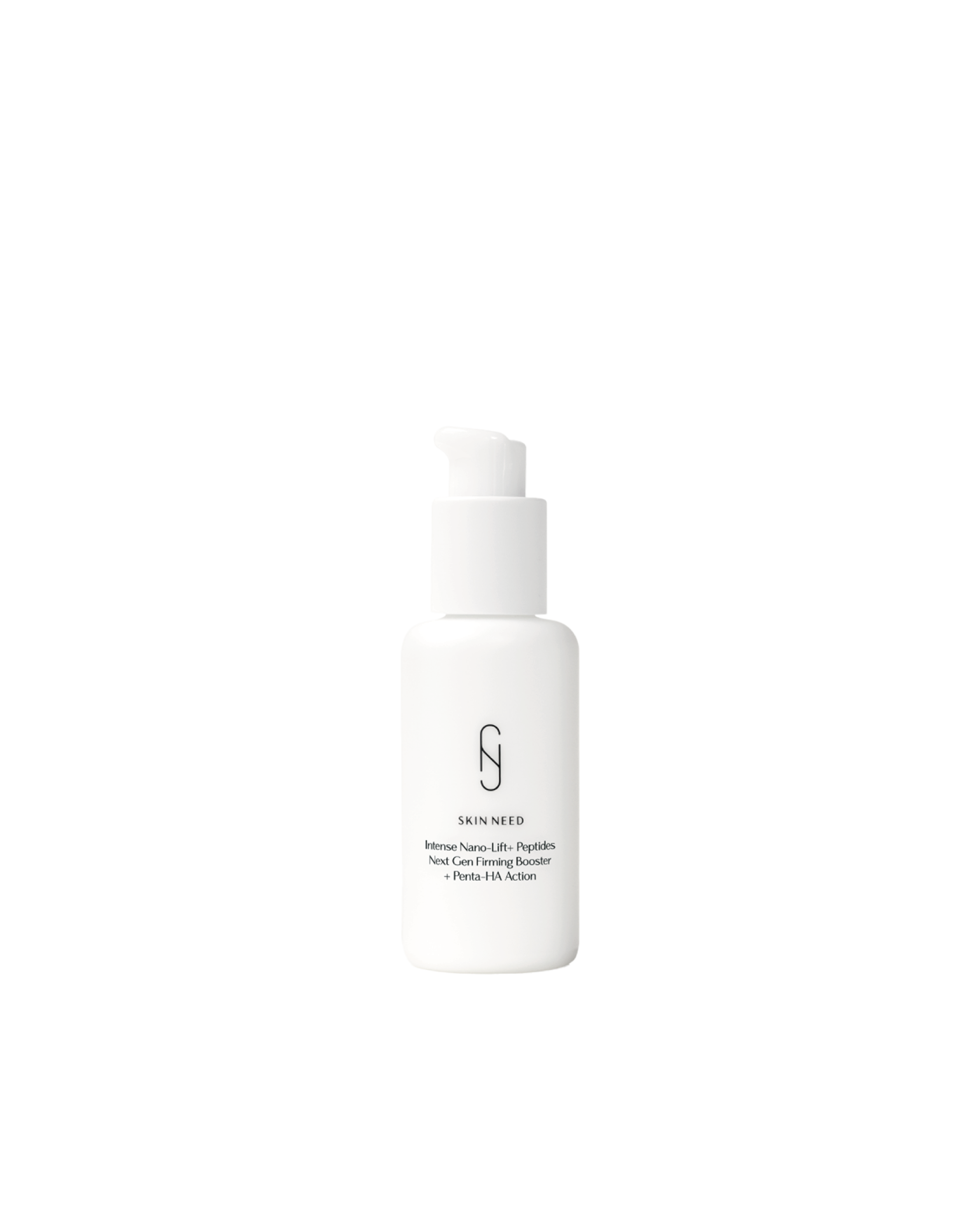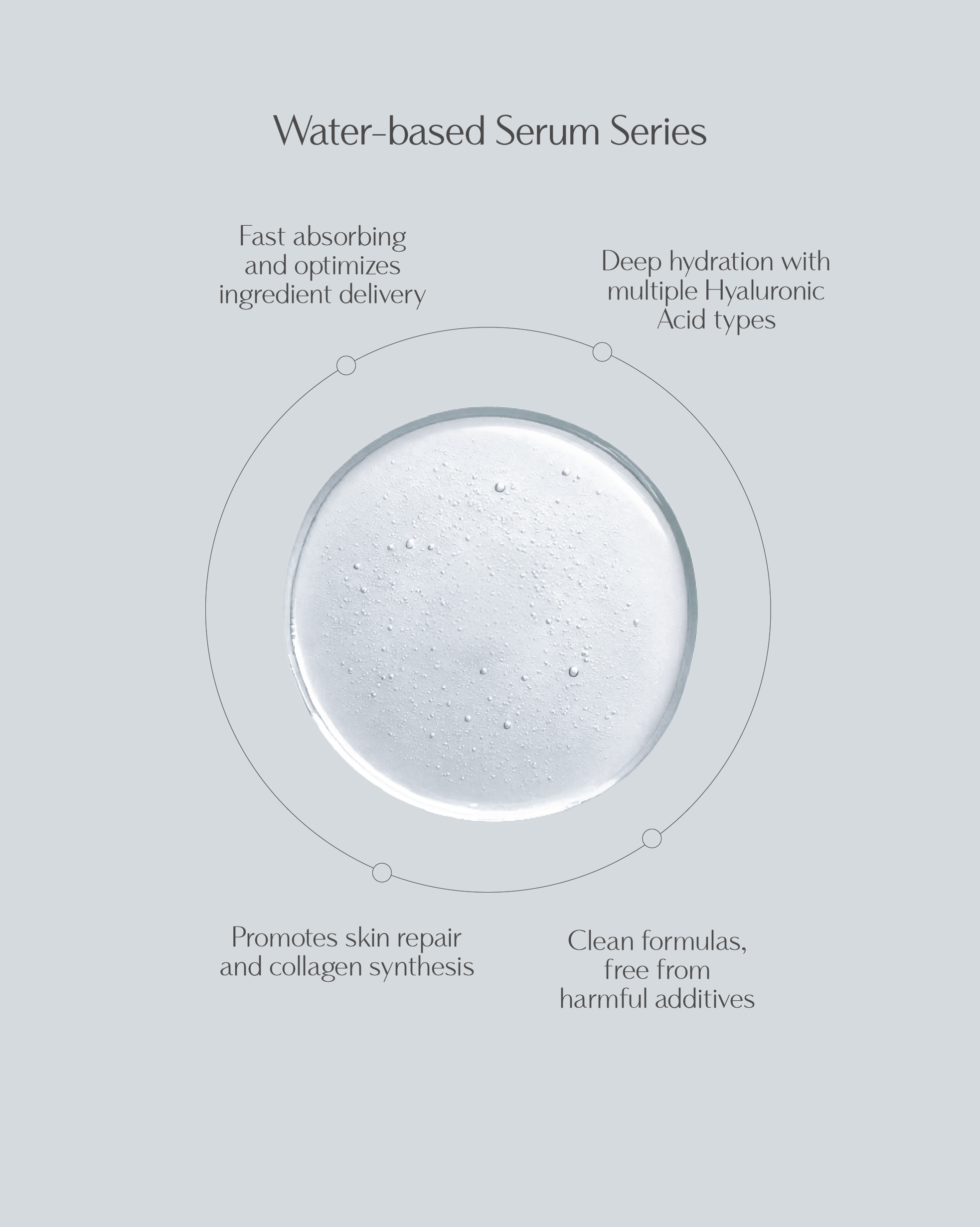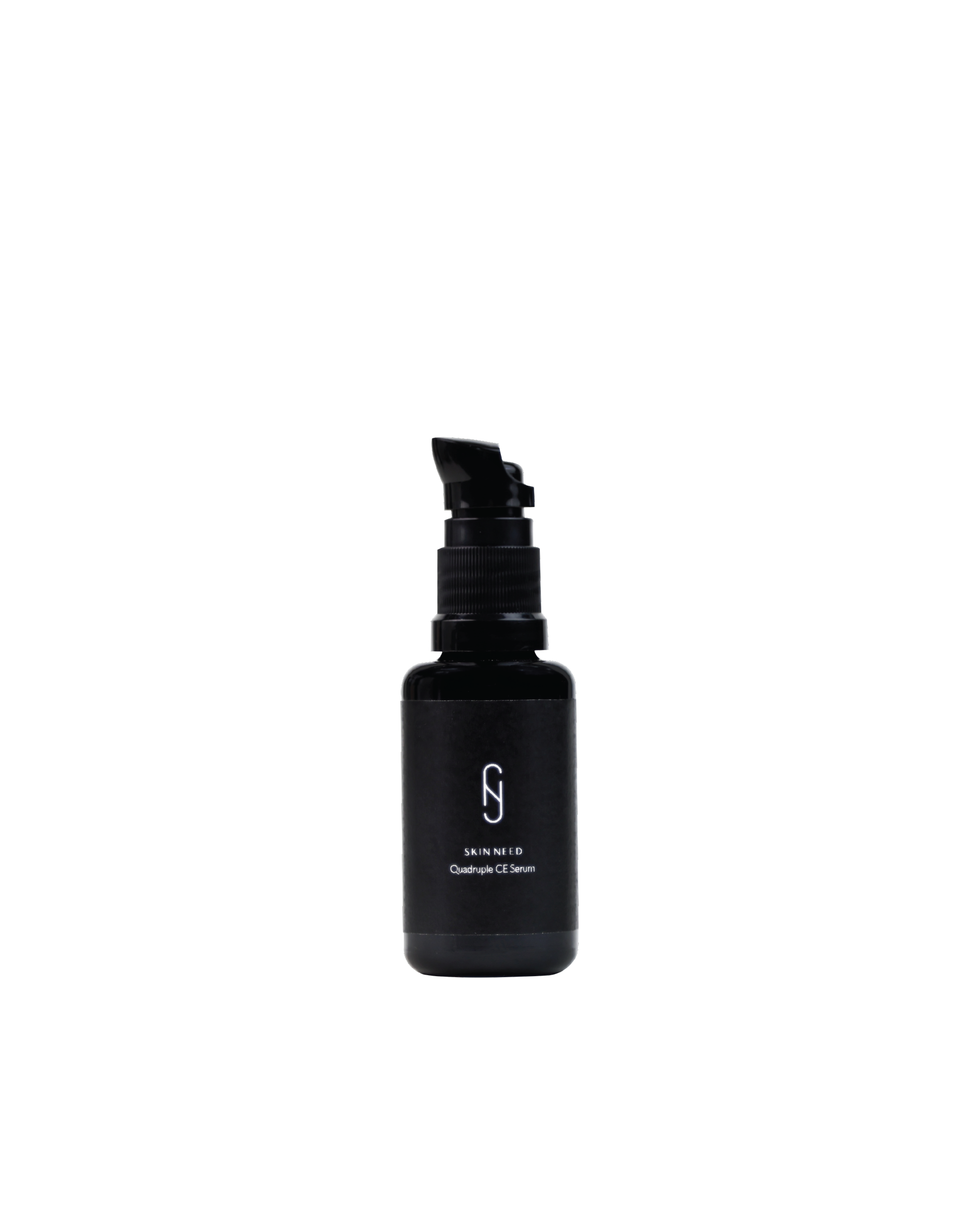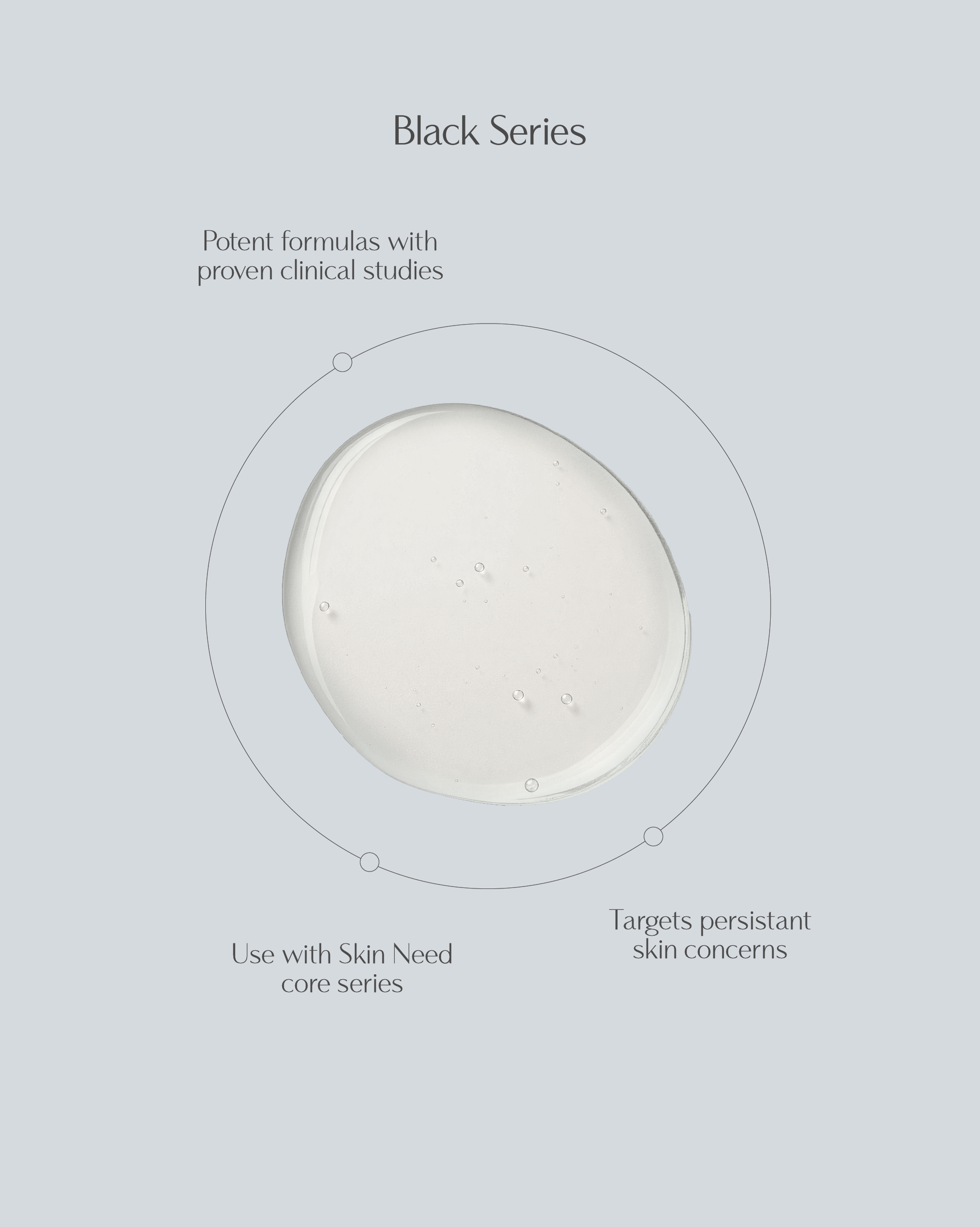Characteristics of oily skin:
With a potential to be genetically linked, oily skin is caused by the naturally heightened activity of sebaceous glands, which can be further induced by hormonal changes, stress, skincare products, diet, humidity, and temperature. Oily skin is characterized by excess shine on the skin, and is commonly associated with skin problems such as congestion and acne during times of hormonal fluctuations and(or) when it is not properly managed. If you have oily skin, you may also notice that your pores appear to be enlarged, due to the presence of natural sebaceous filaments and possible accumulation of debris in pores making them appear larger. However, since sebum is the skin’s natural moisturizer, you may also discover that this natural emollient has helped keep fine lines and dry lines at bay, sealing moisture beneath your skin making it less prone to wrinkle formation as you age.
Skin problems commonly associated with oily skin:
-non-inflammatory congestion such as blackheads and whiteheads
-acne inflammation due to excess sebum stimulating acne pathogenesis
-post-inflammatory hyperpigmentation and acne scarring as potential result of acne inflammation
Skincare routine tips for oily skin:
-adequate and proper hydration is critical to maintain moisture balance and skin comfort. Ingredients such as Hyaluronic Acid, Vitamin B5, Vitamin B3 are lightweight and natural skin humectants that also have anti-inflammatory effects in case of acne associated with oily skin
-effective cleansing on skin surface and clearing of pores can help prevent congestion and acne. Avoid harsh cleansers, and incorporate products that include natural pore clearers such as Salicylic Acid, Willow Bark Extract, Kaolin Clay, Sulphur…etc
-in case of acne inflammation, use products with benzoyl peroxide, sulphur, pentapeptides and consider incorporating Vitamin C and retinol to treat post-inflammatory hyperpigmentation



